
Study findings suggest that some cases of secondary glaucoma occur up to 16 years after the original cataract surgery.

Study findings suggest that some cases of secondary glaucoma occur up to 16 years after the original cataract surgery.

A recent study found suicide attempts and suicide ideation were more common in children with genetic factors linked to suicide attempts.

Although effective therapies are crucial, adverse events, financial burden, and other factors make a "taper-to-target" approach appealing to both pediatric patients and their caregivers.

Researchers saw the Pandemic Electronic Benefit Transfer program and grab-and-go meals helped provide meals to a wide range of children after schools closed in March 2020.
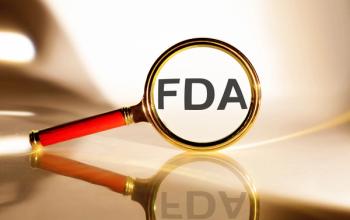
The FDA had recently advised parents and caregivers to not buy or give Mother’s Touch Formula to infants.

Long-term corticosteroids during pregnancy is associated with maternal and fetal adverse outcomes which may influence the insulin resistance later in life.


From 2010 to 2017, battery-related emergency department visits in pediatric patients saw a significant increase.

Older participants had smaller dual-task performance deficits for gait and texting speed in both the ADHD group and the control group.

Latest emergency use authorizations for Moderna, Pfizer-BioNTech vaccines.

The cohort study is the first to report developmental cascades between disturbed sleep and depressive symptoms throughout childhood and early adolescence.

In response to an article published last year, the AAP wrote a letter to the editor, which has since been refuted.

The president’s student loan initiative only covers a portion of the average debt of medical school, but the Association of American Medical Colleges says it still does some good.

A recent study in Finland finds 2 major contributing factors to allergic disease in infants with familial risk.

In a recent policy statement, the AAP discussed the benefits of providing timely, affordable care to all children.
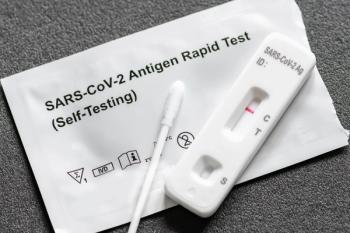
In a recent study, children were successfully able to self-swab and receive their own COVID-19 test results after basic instructions.

Investigators found that opioid use during pregnancy increases the relative risk of neonatal opioid withdrawal syndrome in newborns.

While further studies are needed to confirm the long-term effects, recent studies have shown the infliximab biosimilar to be a safe, effective, and cost reducing treatment for inflammatory bowel diseases.
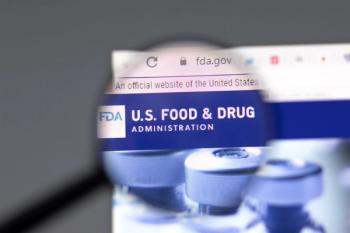
Ibrutinib (IMBRUVICA; AbbVie) was approved by the US Food and Drug Administration for use in pediatric patients with chronic graft versus host disease.

The American Academy of Pediatrics has released a policy statement addressing sexual and gender-based harassment in pediatric workplaces and classrooms, and advises physicians on how to tackle these issues.
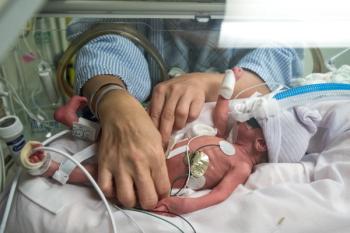
Marina Sirota, PhD, associate professor of pediatrics at the University of California, San Francisco, spoke about the new March of Dimes Prematurity Research Center at UCSF and the impact they hope their research will have on the future of preterm birth.

The US Department of Health and Human Services has announced 3 key actions to strengthen health care for US children, including addressing the mental health crisis in youths.
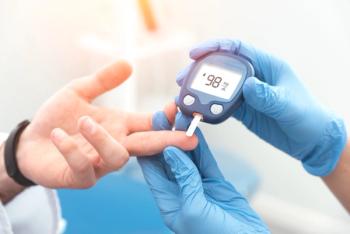
Data from the US Department of Health and Human Services has shown an increase in GDM rate from 2016 to 2020, with a greater increase observed from 2019 to 2020.

A phase 3 trial of dupilumab (Dupixent; Sanofi and Regeneron) has shown positive results for use in children aged 1 to 11 years afflicted with eosinophilic esophagitis.
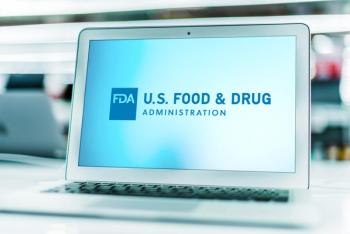
After a recent FDA approval, Mirena can be used to prevent pregnancy for up to 8 years.
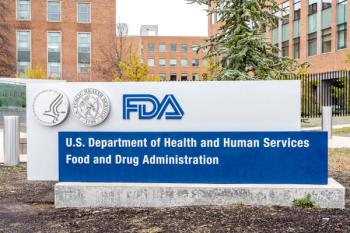
Novavax joins the growing list of COVID-19 vaccines including vaccines from Pfizer-BioNTech, Moderna, and Johnson & Johnson’s Janssen
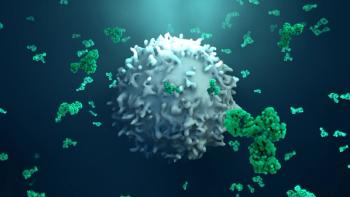
Research by Ben Katz, MD, and other investigators has brought new insight on chronic granulomatous disease to light.

A recent study showed reductions in preterm birth and admissions in neonatal intensive care units after individualized management in cases of preterm premature rupture of membranes.

Behavioral sleep stage classification methods were found to share categories among one another but have lacking evidence of validity and reliability.
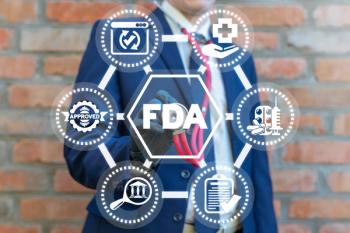
Following its FDA approval, Zynteglo will be used to treat beta-thalassemia in adults and pediatric patients who require a regular red blood cell transfusion.